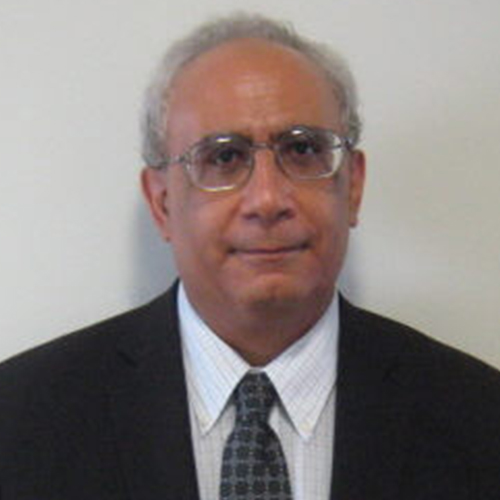
Canadian scientists have been collaborating with international counterparts for decades. However, the need for more collaboration became urgent with the push to find a vaccine to combat COVID-19 and to combat the growing global threat of climate change. This has caught the attention of world leaders and the field of science diplomacy has emerged. It is viewed as necessary to ensure co-ordination of scientific activity with public policy, particularly foreign policy priorities.
Canada’s major allies largely manage science diplomacy through either their foreign ministries or ministries of science and research, and they largely consider it a form of public diplomacy. Canada is the outlier. Global Affairs Canada (GAC) manages science diplomacy out of its trade commissioners service and therefore regards it as part of its trade-promotion activities.
Where our allies send scientists as their science counsellors to their embassies overseas, Canada sends trade commissioners to serve as science counsellors. While major allies regard science diplomacy as the art of connecting scientists to encourage research, Canada considers international science collaboration to be a function in support of economic and trade interests.
The Functionary: Kathryn May’s newsletter on the public service
Given this disconnect, the government has not been able to fully utilize our diplomatic abilities to benefit our scientific community. Canada’s scientists are often confused in their interactions with GAC. Why are trade and the economy being emphasized to the detriment of international collaboration in the pure sciences, such as the quantum disciplines?
Their solution to this confusion has been to bypass GAC whenever possible and to conduct their own science diplomacy directly with international partners, negating any governmental co-ordination. This has hurt Canada’s ability to participate in a co-ordinated, effective way in international efforts to address issues such as climate change or global public health pandemics.
To achieve more effective science diplomacy and to ensure better co-ordination, GAC needs to move its efforts out of its trade commissioner service. Instead, it should use a more general foreign policy and diplomacy approach, and treat it as a variation of cultural diplomacy rather than an adjunct of trade promotion. Doing so would have the following goals:
1. Promote Canada as a leading scientific nation and a centre for scientific excellence, thereby attracting scientific talent, including promising graduate students;
2. Support existing and emerging scientific collaboration by providing diplomatic support that enhances science through the negotiation of co-operation treaties or memoranda of understanding with foreign governments or that provides access to senior levels of government in foreign countries;
3. Showcase Canadian scientists via our embassies, high commissions and consulates, giving them added opportunities.
The result would be the kind of international collaboration that is pursued by Canadian scientists and research, co-ordinated and consistent with Canada’s full range of foreign policy goals. At present, the science diplomacy being conducted by GAC’s trade commissioner service seeks to promote international scientific collaboration only in so far as it promotes Canada’s trade interest and economic growth.
That means science diplomacy on policies relating to the United Nations sustainable development goals or economic development in Africa are ignored or neglected. Even collaboration to support research on climate change or to prepare for future pandemics are a low priority for Canadian diplomats. That’s because these issues are not in the mandate of the trade commissioner service and do little to advance Canada’s trade-promotion objectives.
The need for Canadian business diplomacy
Support for science should be a top priority for the Trudeau government
GAC’s present approach also fails to measure the benefit of Canada’s international science collaboration. Trade promotion, by definition, measures only short-term economic and monetary achievements. For example, it looks at the value of contracts signed or the number of jobs created in a very tight timeline.
On the other hand, achievements in long-term scientific collaboration are usually measured in years, even decades. Changing how science diplomacy is managed would give researchers the freedom and time to ensure long-term scientific achievement, alleviating the pressure to achieve short-term economic and trade goals not consistent with the research. This would also allow Canadian diplomats to be more creative in deploying Canada’s scientific assets
Global Affairs’ present approach to science diplomacy lags those of our major allies, who are focused on the science, in contrast to our focus on economics. The result is that the many components of the Canadian scientific community are pursuing their own international scientific collaboration efforts with little to no central co-ordination. Moving to more traditional foreign and diplomatic services would be consistent with how our major allies manage science diplomacy; would better serve the Canadian scientific community; and would ensure that co-ordination of Canada’s scientific presence internationally is consistent with our wider global interests.










